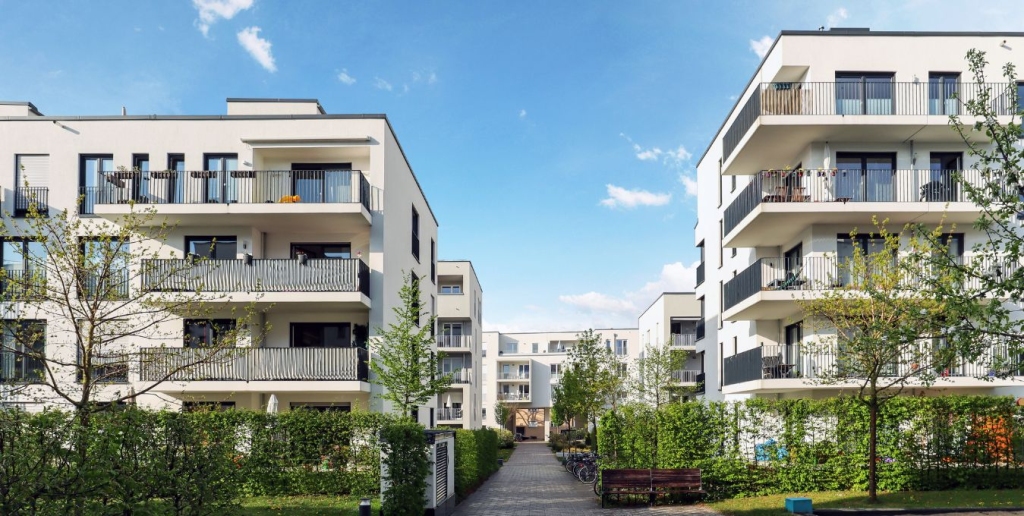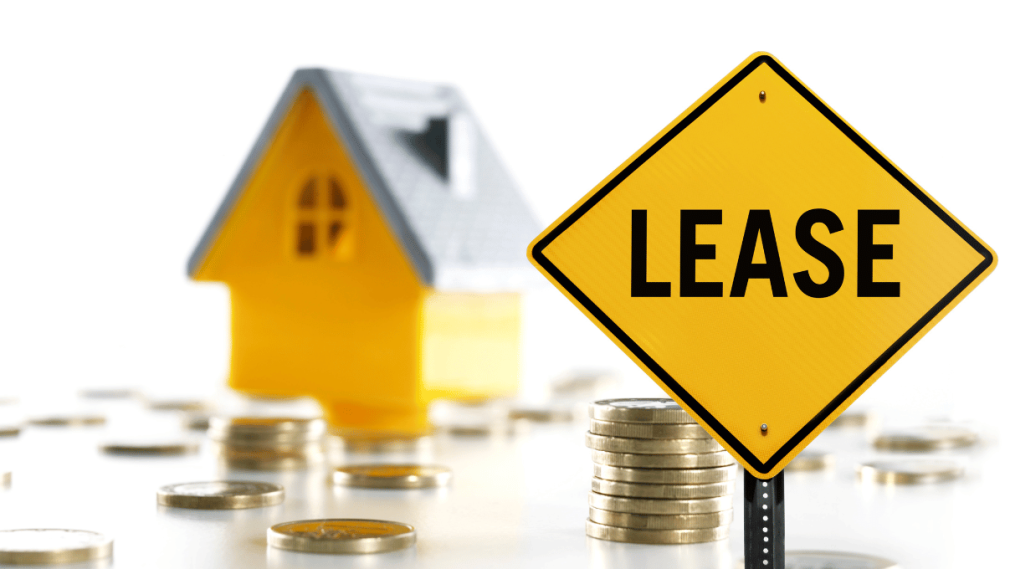One of the perks of investing in real estate – whether commercial or rental – is the second line of income that it generates in the form of rent. And if the main objective of the investment is to secure a second source of income then it is important to carefully ponder about the type of investment that would bring you a greater return – residential or commercial. Though both these investments have their own merits, it would be prudent for the investor to carefully consider the possibilities that both forms of investment promise and act accordingly.
It would however be interesting to note that real estate is mostly categorized into five types. Residential, commercial, industrial, and special houses. This well-researched blog will take you deep into the insights of both residential and commercial real estate, their characteristics, as well as the differences so that you can clearly understand which of the two would serve your purpose better and the one you should opt for.
What is a Residential Property?
These are meant for residing purposes only and cannot be used for commercial or industrial purposes. Residential property can further be divided into four categories.

1. Stand-Alone Homes
As the name itself suggests, stand-alone homes are independent buildings meant for residential purposes. These are also known as detached houses, detached residences, single-family homes, and single-detached dwellings.
2. Multi-Family Residences
These are also known as multi-dwelling units or MDU and include multiple separate houses for residential purposes inside one building. These can also be constructed next to or even on top of each other. Apartments, mixed-use buildings, row houses, etc. are some of the examples that fall under the multi-family residences category and readily comes to mind.
3. Mobile Homes
Homes that can be taken from one place to another are known as mobile homes. Park homes, trailer homes, caravans, etc. are some of the examples that immediately spring to mind when one thinks about mobile homes.
4. Duplexes
Homes with a single structure but two separate dwelling units and entrances can be clubbed as duplexes.
Benefits of Investing in Residential Property
1. Low Entry Cost
It might come as a surprise to many that when pitted against commercial properties, residential real estate has a lower entry cost and lesser complications. This presents a wonderful opportunity for anyone who wants to learn the ropes of real estate investment.
2. Reduced Tenant Turnover
Residential tenants prefer and opt for long-term contracts. Businesses, on the other hand, grow, expand and relocate on a much more frequent basis and therefore change their location much more frequently.
3. Friendlier Law
Rules and regulations in the case of residential properties are simpler and far more relaxed and forgiving. These are also applied only on a smaller basis compared to laws related to commercial properties.
What is a Commercial Property?
As the name itself suggests commercial properties are those which are used for business purposes like hotels, businesses, offices, retail, etc. The owner can use such properties by himself or can rent them out and take home a cool profit.

Types of Commercial Properties
1. Office Buildings
Talking about office buildings these include small professional office buildings, single-tenant buildings, downtown skyscrapers, and more.
2. Retail Buildings
Retain buildings invariably include small shopping centres, grocery stores, power centres, restaurants, etc.
3. Multi-Family Buildings
High-rise apartment buildings or complexes fall in this category.
4. Land
These include raw, undeveloped, or underdeveloped land that has the potential to be used for commercial purposes in the near future.
5. Miscellaneous
These include commercial buildings like hospitality, self-storage developments, medical, and many more.
Pros and Cons Table: Commercial vs. Residential Property Rentals
| Factor | Commercial Property | Residential Property |
|---|---|---|
| Cost | Higher purchase and maintenance costs. Requires substantial upfront investment. | Lower initial investment and maintenance costs compared to commercial properties. |
| Rental Income | Generates higher rental yields and longer lease agreements. | Generates stable but comparatively lower rental income. |
| Maintenance | Maintenance is typically managed by tenants (e.g., businesses). | Landlords are responsible for most maintenance tasks, increasing time and effort. |
| Tenant Stability | Tenants are businesses, leading to stable and long-term leases. | Tenants are individuals or families, leading to shorter leases and frequent turnovers. |
| Risks | Vacancies can be prolonged during economic downturns. | Demand remains relatively steady, even during economic downturns. |
| Tax Benefits | Offers more tax-saving options, such as depreciation benefits on commercial assets. | Fewer tax benefits compared to commercial properties. |
| Market Volatility | Affected more by market trends and economic conditions. | Relatively stable market behavior and consistent demand. |
Benefits of Investing in Commercial Properties
1. Greater ROI
Investment in commercial properties invariably yields greater returns when compared to investment in residential properties. More so, if the property falls in an in-demand area. Businesses are always in the search of a premium site and are willing and ready to pay any amount to secure the deal. So, as far as ROI is concerned it can easily be concluded that commercial property rental is better than residential property rental.
Moreover, the amenities available in any commercial complex are to a great extent lesser than those available in a residential complex. This invariably means that the owner would have to shell out a much lesser amount in maintenance than would be the case with residential property. So, here also commercial property rental turns out to be a better proposition than residential property rental. All these factors combine together to ensure that the ROI in cases of investment in commercial properties is almost always greater than investment in residential properties.

2. Sensitive Tenants
Don’t we all pray for sensitive tenants who would maintain the rental property and take very good care of them? However, residential property owners find it extremely difficult to zero in on tenants who would treat the rented property as their own. However, in the case of commercial properties, the tenants are business owners who own large enterprises and have great respect for the property. This comes as a great respite to the owner as he then would not have to unnecessarily waste energy and resources on the maintenance and upkeep of his property.
3. Triple Net Lease
A real friend of the property owners. A real estate leasing agreement makes the tenant liable for the property’s continuing expenses, such as taxes, maintenance costs, and insurance, in addition to rent and utilities.
A Sneak Peak into Commercial Vs. Residential Property Rental
As per an estimate, commercial properties in most cases can fetch you anywhere up to 8 to 11 per cent returns, which is considerably greater than the current rental yields from residential properties which can be anywhere between 1.5 to 3.5 per cent. It also applies to capital appreciation as a minimum of 5 to 10 per cent yields can be availed in commercial properties while for residential properties one can expect anywhere between 1 – 3 per cent.
Experts are of the opinion that the difference between commercial and residential yields lies in their lease agreements. The rental gain in most cases is around 2 to 3% or even less in the residential category once you take out property taxes and maintenance charges. However, in the case of commercial properties, the rental hovers around 7-8 per cent as the net yield.
Signing Off
The blog clearly brings to the fore the numerous advantages of commercial property rental Vs. residential property rental. However, it would be prudent for anyone seeking to invest in either commercial or residential property with the intention of putting them on rent to carefully ponder over all the points mentioned above before reaching a decision.
The blog also provides a detailed and comprehensive insight into both residential as well as commercial properties. It also points out the fact that if you are a first-time investor then the best option for you would be to invest in residential property because its cost is much less and it would be a very good experience to gain an insight into real estate investment by investing in residential properties and then trail your attention towards commercial investment so that you do not have to face any reversal and you end up with a successful deal.



5 Comments
Comments are closed.